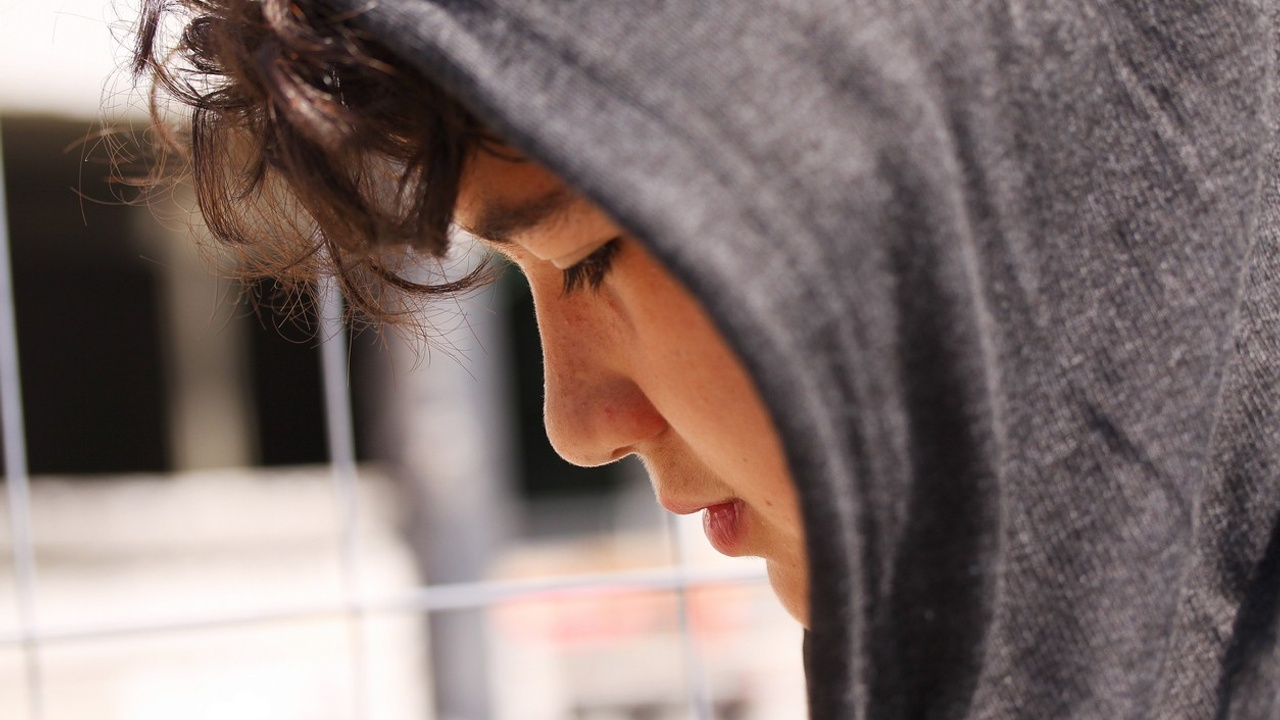My Favorite

I got schooled in Boise Idaho. It’s not what I was expecting. I had landed in town the night before on the kind of plane where there is no room for carry-on. Nervous about being in a more conservative part of the country, I rehearsed some talking points in my head. I wondered how I would be received as a Bay Area Drama Therapist, stripes and all. Luckily the workshop was on my life’s work and greatest joy - working with students on the autism spectrum.
A day later and two hours into the workshop, I launched into the section on autism and what are commonly called “challenging behaviors.” If you and I wear a similar pair of lenses, you already know I debunked this pathologizing label and spoke about unaddressed sensory needs, the activation of the fight, flight, freeze and the importance of building trust, co-regulation, and environmental changes to promote accessibility, widening the window of tolerance etc. “No one hates a meltdown more than the kid who is having one,” I asserted. I went on to talk about how shame can arise as a result of these meltdowns - wreaking havoc on a student’s self-esteem - especially in an environment where they are misunderstood, pigeon-holed and/or villainized. If an autistic student is continually cast in the role of “problem child,” and repeatedly punished, this negative perspective can become firmly etched into how they see themselves. Students are then at the mercy of this traumatic baggage and carry it from one school to the next, even when they are finally in the right placement.
Participants were eager to hear how to put a stop to this negative feedback loop. I shared a handful of case examples but my take-home point was this - nothing so influences the reduction of meltdowns as does the slow and intentional process of rebuilding a student's self-worth - brick by brick, moment by moment. This must happen in the context of a trusted relationship and is the stuff of preverbal parental attunement. Does that mean that appropriate supports, skill-building and somatic work aren’t integral? Of course not, but if there is not even a kernel of positive self-regard- students are too shut down to access these resources.
A participant whom I will call Becca raised her hand. She was a speech path, she was an OT, she was a counselor, she was a teacher and steadfast assistant. She was all of us, who have worked our tails off in special education for the last decade. Becca had just been assigned to work with the middle school day class - the one that other providers had “warned her about”. She was anxious and at a loss as the students in this classroom were known for their “problem behaviors.” Becca shared, “I had no idea what to do, so I prayed on it.”
She went into the classroom the next day - her lesson was planned, her approach on how to deal with so-called “behaviors” was not. It was not long before chaos ensued and without thinking, she blurted, “You do know YOU are my FAVORITE class, right?” The students stopped in their tracks, “We’re your favorite? Why?” She surprised herself at the moment and didn’t have a ready answer for them. “I don’t know…you just are,” she asserted. Maybe it was her open heart or perhaps her steady demeanor, but they believed her. As the days went on, they asked her again and again, “Why are we your favorite?” Now ready for the question, she was able to offer insightful reflections. And although I don’t know exactly what she said, I am pretty sure what was conveyed: I see something in you that no one else does, you matter, you are special, you are loved. In the coming weeks, the chaos subsided as this shift in perspective anchored them in a sense of belonging and safety. “The amazing thing is…it came true,” Becca beamed, “They turned out to be my favorite class!”
I think of Becca and her story often. I love its brilliance but even more so, its simplicity. “I prayed on it,” - that phrase echoes in my brain. While I am the kind of person who reserves my prayers for turbulent airplane flights, I like Becca’s prayer. It reminds me to not mistake surrender for passivity, faith for wishful thinking, and “not knowing” for naivete. By bravely not expecting the worst. Becca could see the best in her class- long before it was visible. Although she wasn’t the one who painted these students into a corner, she took it upon herself to do the repair. And that is why whenever I am working with a student- especially one who is struggling, I hold that child in mind as Becca would and remember… that kid is my favorite.

